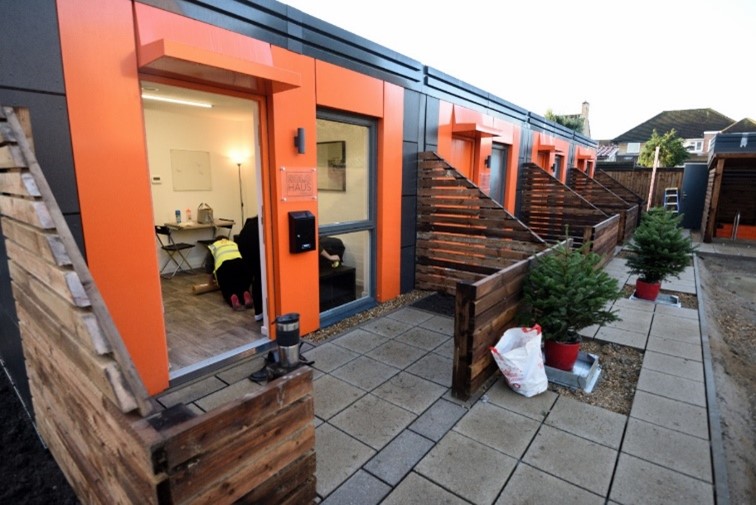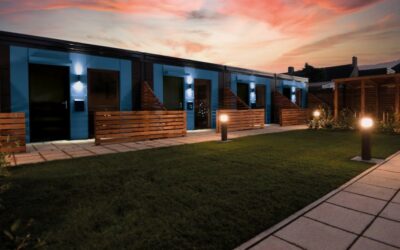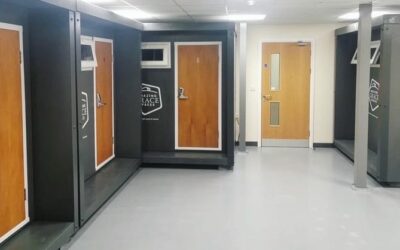Cambridge City Council: Modular Pods for Homeless
The project
Cambridge City Council has worked with the Cambridge Investment Partnership (CIP) to provide 16 modular homes on housing land across three sites. The council was the first local authorities in the country to engage with the Hill Foundation 200 programme and introduce modular homes on specifically identified sites on its own housing land.
The vision for the modular homes programme was originally developed during the pandemic, following the government’s call to get ‘everyone in’. Whilst the city has plenty of bed places for rough sleepers in hostels, some struggle in this environment. To deliver much-needed capacity for more sustainable placements, officers have utilised its long-term housing delivery partnership with the Hill Foundation to deliver the units quickly and on existing housing estates.
The benefits
The project has delivered 16 units of high-quality accommodation for people who have formally experienced difficulties in hostels and conventional social housing. As a pilot project, it has also helped the council test concepts and so aid it in planning the future expansion of the scheme. Concepts that have been tested have include:
- the optimum size of development and the most effective site layout;
- the optimum ratio of support workers to residents;
- the length of tenure and effective move-on options; and
- how best to integrate schemes into existing communities.
The chief beneficiaries have been single people with a background of rough sleeping and repeat homelessness. The increased availability of single person accommodation has removed pressure from scarce social housing and has also assisted the rate of movement through the hostel system.
It is beneficial that the proportion of women becoming tenants of the modular homes is slightly higher than proportion of women in the Cambridge rough sleeper cohort. Women rough sleepers often make disproportionately fewer applications for independent accommodation in part due to concerns about safety.
While this finding needs further analysis and qualification, initial research indicates that the small scale of Cambridge modular homes developments (typically four to six units), the sense of ‘defensible space’ created by the units themselves, and the site layout, encourages a greater sense of security for all residents. This would seem to be particularly attractive to female rough sleepers.
The existing partnership with the Hill foundation and partnership with local charities, means that the council is looking to deliver a further four modular homes in 2023.






